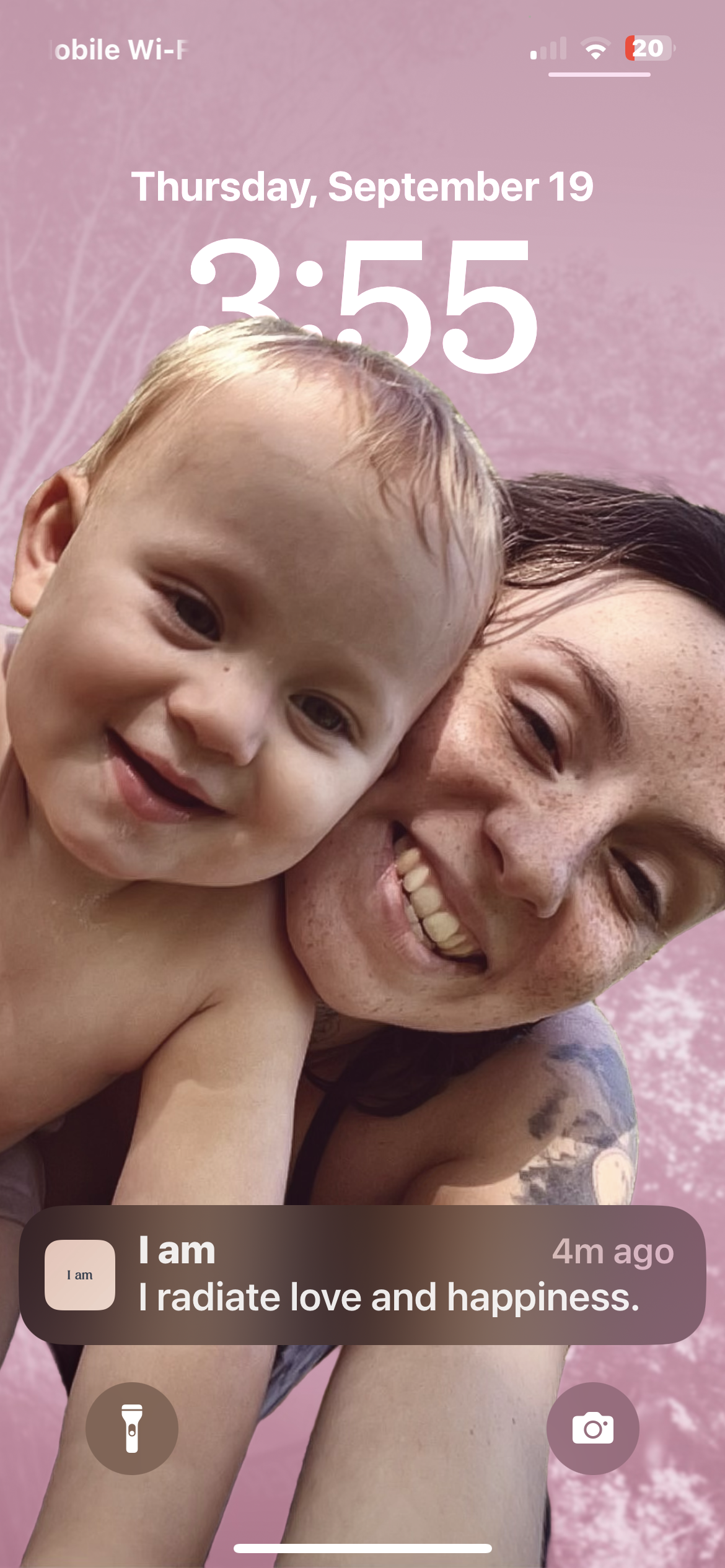
Affliction series : Addiction
- Jewel DeLand

- Sep 10, 2024
- 4 min read

Addiction
Noun
a compulsive, chronic, physiological or psychological need for a habit-forming substance, behavior, or activity having harmful physical, psychological, or social effects and typically causing well-defined symptoms (such as anxiety, irritability, tremors, or nausea) upon withdrawal or abstinence
“The obsession of the mind, with the desire of the body...that’s addiction”
-Matthew DuPont
Hiding in Normalcy
When thinking of addictive substances it’s easy to jump to the typical drugs associated with such affliction: opioids, stimulants, depressants; things such as heroin, cocaine or alcohol. But let us ponder for a moment the dangers and the prevalence of abused substances with a much less daunting face.
My list :
Of the worst addictions, based on prevalence
Sugar
Nicotine
Alcohol
Social Media
Sugar
Depressant
Yes, something such as cocaine could be seen as a far more addictive substance than sugar, but consider that most people don’t go a single day without consuming some form of processed sweetener! Research done and documented by the National Institute of Health, Healthline, and many more sources confirm that sugar stimulates a similar, if not stronger response in the brain than that of opioids- making sugar, something not even categorized as a drug, something we feed to children.. in my opinion, one of the most addictive substances on earth.
I also can’t help but to mention that sugar is one of the leading causes of heart disease, and heart disease is the #1 cause of death in America.
Nicotine
Stimulant
I’m not even sure how to get started with this drug, we all know someone addicted to it. May it be vaping, cigarettes, tobacco or other tobacco products- this drug is very popularly influenced.. and very effective in causing harm to people of all ages.
Nicotine is particularly addictive due to how quickly it absorbs into the body, and how quickly it leaves the body. The strong onset paired with a rapid dissipation is surely a cocktail for repeated use. Over time, this habit can actually change your brain function, so that you only feel ok when using it.
As with most addictive substances, nicotine causes a spike in dopamine, but uniquely this drug also causes a surge of adrenaline in the brain.
Alcohol
Depressant
As all addictions, liquid courage too causes a surge of feel good chemicals- that are easy for people to get attached to. Along with social influence, advertising, and simple “Friday night” habitual nature make this substance increasingly popular.
Social Media
Stimulant/influencer
I believe social media to be one of the main factors in the rise of addiction in young people. Not only is the use of social networking in of itself addictive, but it also has insane influence over people.
All in all, I believe addiction to be a mindset, one that has the potential to possess anyone. Maybe it could effects you in moments, or you let it take you your whole life.. When you’re addicted to something, you are giving your life energy away to said thing. I think it’s so important for anyone looking to become their best selves to look into the things in their life they give their power to. Reclaim.
Harvard Health:
5 tips to quit any addiction
1. Set a quit date.
It might be helpful to choose a meaningful date like a special event, birthday, or anniversary.
2. Change your environment.
Remove any reminders of your addiction from your home and workplace. For example, separate from those who would encourage you to be involved with the object of your addiction (drug, alcohol, or behavior). If you are trying to quit drinking, get rid of any alcohol, bottle openers, wine glasses, and corkscrews. If you're trying to quit gambling, remove any playing cards, scratch tickets, or poker chips. Also, don't let other people use or bring reminders of the addiction-related substance or behavior into your home.
3. Distract yourself.
Instead of giving in to an urge to use, come up with alternative activities, such as going for a walk or calling a friend or family member to talk, so that you keep busy until the urge passes. Be prepared to deal with things that trigger your cravings, such as being in an environment where others are using.
4. Review your past attempts at quitting.
Think about what worked and what did not. Consider what might have contributed to relapse and make changes accordingly.
5. Create a support network.
Talk to your family and friends and ask for their encouragement and sup-port. Let them know you are quitting. If they use your object of addiction, ask them not to do so in front of you. If you buy drugs, you should consider telling your dealer that you are quitting; ask your dealer not to call you and not to sell you drugs anymore. Also, you might want to consider talking to your health care provider about the method of quitting that is best for you. There may be medications that can ease the process for you and increase your chances of success.
So much love to you all, know there is always someone looking out for you, and helping hands just a thought away.
Call or text 988 anytime for crisis support
-Jewels




Comments